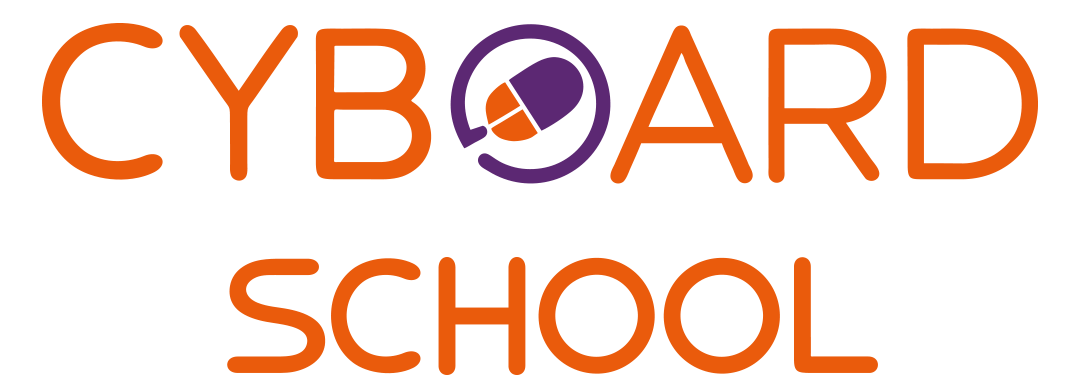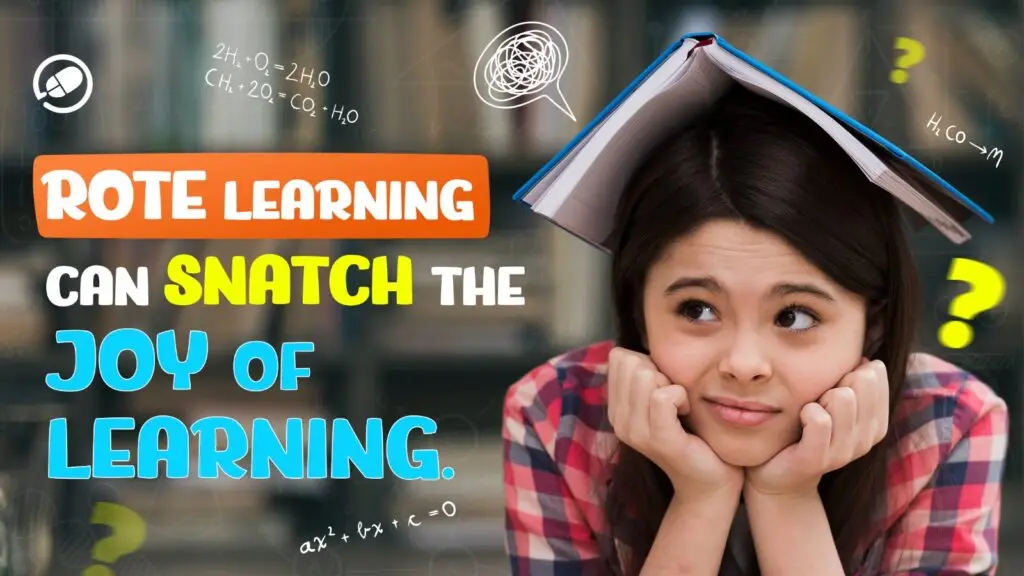“When learning is purposeful, creativity blossoms. When creativity blossoms, thinking emanates. When thinking emanates, knowledge is fully lit. When knowledge is lit, economy flourishes.” —A.P.J. Abdul Kalam
An Art teacher asked students to draw something on their minds. While walking around the class, a girl in the back caught her eye. The teacher walked up to her and asked her about what she was drawing. She replied, “A picture of god”. The teacher laughed and said, “Nobody knows what god looks like”, the girl replied, “They will in a minute”.
The power of creativity is unimaginable, it can transform classrooms where students aren’t hunched over textbooks but rather, composing their songs, understanding the laws of physics in the field and not in a classroom, debating over historical figures, or lighting a bulb.
Did you know that the Nobel prize winners in science are twice as likely to play musical instruments, 7 times more likely to draw or paint, and 12 times more likely to write fiction or poetry than their peers? Einstein is a great example of it. Einstein mentioned that his theory of relativity was a “musical thought” and had he not been interested in violin, he never would have transformed physics.
Thus, his famous statement for creative work in science:
“Imagination is more important than knowledge”
But what happens when rote learning, the memorization of facts without understanding, takes center stage?
It is said, that we don’t grow into creativity, we grow out of it or rather we get educated out of it.
Rote learning has become a major part of the Indian education system. Rote memorization might help one remember small pieces of information such as important dates, names of places, etc. But when rote memorization becomes the only way of grasping knowledge it kills the creative spirit.
The truth is, that an overreliance on rote learning can be detrimental to a child’s creativity. Here’s why:
- One shoe-fits-all approach: The entire education system revolves around university entrances. The syllabus is a lot, so even if students want to learn or are interested in a certain topic, they don’t have enough time. Since they just have to learn and pass.
It’s 2024 and students are still judged on the marks they score. Rather than analyzing them based on the clarity and understanding of concepts, the education system still revolves around quantity over quality.
- Loss of interest: The education system is producing students who are least interested in the subject and just want to get a degree. Children face so much pressure growing up from their peers that instead of seeing education as the way out they start hating it. The subject they were once interested in, they don’t even care to understand it anymore because, at the end of the day, what they bring to the table is determined by the marks they score.
Rote learning, built on memorization and recitation, prioritizes facts over understanding. It might seem harmless for memorizing the multiplication tables, but it becomes detrimental when applied to broader subjects.
A child interested in history might lose interest because of the endless dates and names of battles they have to memorize, instead of learning about the story, the depth of the character, understanding perspective, and igniting the love for stories, they are judged based on memorization trivia.
- Loss of perspective: Rote learning often presents a single, “correct” answer. This discourages children from exploring alternative solutions and fostering their problem-solving skills, both essential ingredients for creative thinking. In the long run, overreliance on rote learning can impact a child’s critical thinking and problem-solving skills.
Getting trapped in a rat race is a nightmare and that’s what rote memorization does. It raises children who don’t have any talent or passion of their own because all their life they were trying to impress and please their peers through the marks they scored. Everyone wants to become an engineer or a doctor but nobody wants to become a mechanic or a nurse.
“Had I stayed the course in graduate school, I probably would have a PHD today, which would have made my parents feel proud. But I might have missed the opportunity to bring the benefits of technology to so many others. And I certainly wouldn’t be standing here speaking to you as Google CEO. The only thing that got me from there to here other than luck was a deep passion for technology and an open mind. So take the time to find the thing that excites you more than anything else in the world. Not the thing your parents want you to do or the thing society expects of you. “
-Sundar Pichai, CEO(Google)
In recent years, a lot of parents have shifted towards e-learning and online schools. Online schools are comparatively tech-savvy and embrace a learning style that fosters curiosity. Interactive activities, discussions, and projects that encourage children to explore and make connections are key.
Fostering Creativity at Cyboard School!
By replacing rote memorization with active engagement, we can rekindle the spark of learning in every child, even those with a pre-existing interest in a subject.
- Learning through sensory play: At Cyboard School, we teach our students to make use of everyday household items like beans, rice, water, and natural materials to engage students in sensory play. Through hands-on activities and crafts, we encourage exploration and learning, fostering creativity and cognitive development in a fun and interactive way.
- Learning through music: Introducing children to music at an early age helps develop memory in miraculous ways. It assists children in aligning to rhythm and sound, expression, and tonality, providing opportunities for those born with this talent to explore freely.
- Storytelling: Children use their creative interpretation of characters and are the story’s narrators for their peers to stay engaged. This helps them to build confidence, speaking, and listening skills over time. Storytelling also develops presentation and communication skills in children and builds their knowledge of stitching ideas, concepts, and events into interesting stories well told.
- Tech-savvy: The world is moving towards it; it is the call of the hour. Coding is the basis of all technology, robotics, gaming, etc. Starting with simple, easy-to-understand block coding and slowly climbing the ladder, children learn this language quickly and get tuned to the future soon.
If you want your child to develop a love for learning, enroll in Cyboard School now!
Explore More on Cybaord School


